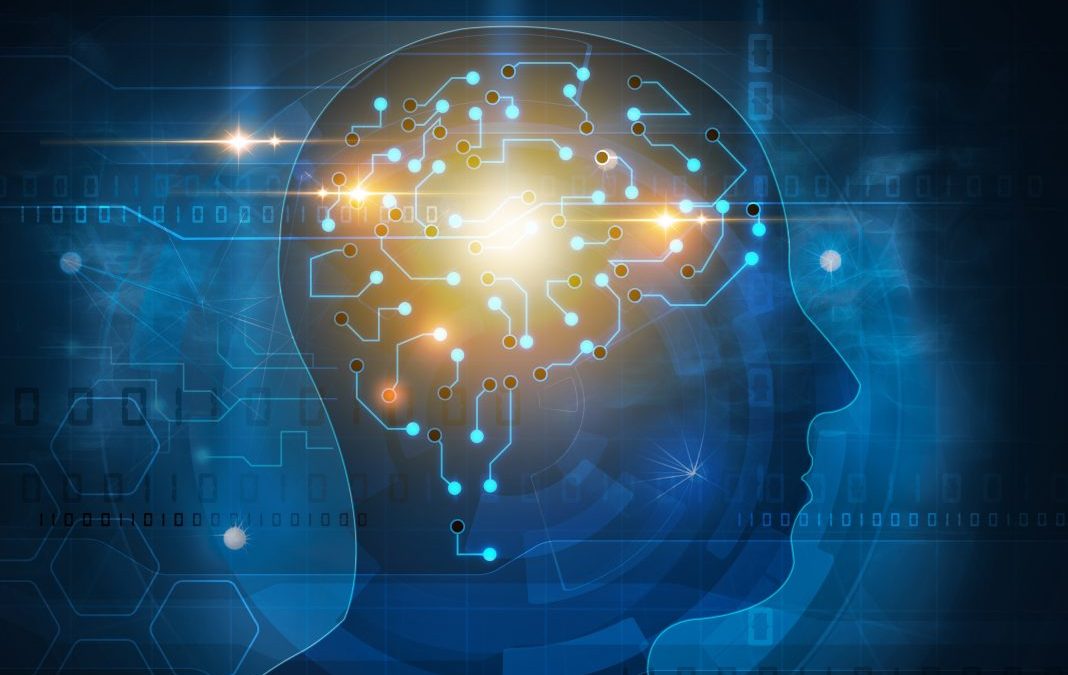One of the prominent buzzwords in the cryptocurrency and bitcoin space is “disruption.” We all constantly hear how bitcoin and other cryptocurrencies will disrupt government. How it will disrupt finance. How it will disrupt this and that. However, we do not often hear how crypto will disrupt our own psychology — how it will change our perception, augment our behavior, and make us more compassionate.
Also read: Markets Update: Cryptocurrency Prices Dip Significantly Hitting a 30-Day Low

When I was growing up, I never received a financial education. I never considered how money effected me personally. I quickly learned that money topics are taboo outside of the bromide: “make it, spend it, and save it.” Real financial conversations were unheard of, and I did not develop any financial acumen. I was never even taught how the hell to define money and make sense of it.
Before delving into the psychology of money and cryptocurrency, it is thus necessary to clarify misconceptions about money, especially since most people’s monetary education has been similar to mine. I will start with giving “money” a coherent definition and then elaborate on its nature.
Definition and Nature of Money
Money is a tool, invention, and technology — it is a medium of exchange.
However, that doesn’t really illuminate the concept. It’s still somewhat vague. In reality, money is merely the perception of value for the purposes of accounting and ledger-maintenance. It is a measure of value exchanged collectively. Yet it is also a collective fantasy, or “collective hallucination,” as Andreas M. Antonopoulos put it.

This makes understanding money as confusing as grasping quantum physics. The particle physicists are experts who admit to not understanding quantum mechanics à la Richard Feynman. Similarly, the money economists are experts who don’t really understand money. Money is sort of a paradox in this manner. It is something valuable only as long as people assign value to it.
Money has properties that make it useful for exchanging value, though. Good money is generally divisible, scarce, fungible, durable, malleable, and stable. All of these properties provide people with the perception that money has value, can store value, and be exchanged for goods and services in a market environment.
However, regardless of the nature of money, it has huge implications for our psychology. It impacts us behaviorally, emotionally, and cognitively. Now that we have some understanding of what money is, we should know how it affects the human mind.
Psychology of Money: Money-Empathy Gap
Money-Empathy Gap
When I speak of money affecting human psychology, I am currently talking about fiat currency. Or money that has been designated by governments or central banks. Money that is backed by decree of violence. I am not talking about cryptocurrency, which is categorically different. I will elaborate on it part two of this article series.

Current research suggests that fiat paper money makes us mean, less empathetic, and inconsiderate of those who suffer. Researcher Paul Piff out of the University of Berkeley in California conducted a study on the Money-Empathy Gap.
In the study, Piff’s team pitted two study participants against each other in a game of Monopoly. However, one participant was “underprivileged” and one was “advantaged.” The advantaged players were given more money to begin the game. They even received higher rewards for passing “GO”, and had access to two dice. In this sense, they traveled around the game board much more than the other player.
The participants who were advantaged displayed arrogant and nasty behavior. They smirked pompously at their opponents. Their countenance was full of disrespect and meanness. When they moved their pieces around the board, they slammed them down and made loud thuds as they placed it — taunting their opponents. They even grunted and gestured like alpha males in a tribe of apes.
Researchers also placed a bowl of pretzels on the table. They found that advantaged players ate more pretzels. They consumed them at a rapid pace, almost as if they were reveling in their winnings and patronizing the other player.
Researcher Conclusions
Piff and his team concluded that the advantaged players had lost perspective during the game as a result of accumulating so much wealth. They even lost a bit of their humanness. Having riches heaped on them disintegrated their ability to empathize and connect with the other player. It ablated their compassion. A BBC article quoted Piff explaining how wealth disconnects people from others:
When we feel wealthy, Piff concludes, we need other people less. In the real world, when people have less money, they rely more heavily on their social relationships to get by. Therefore interpersonal relations are prioritised. The rich, by contrast, can buy themselves peace, quiet and space – plus a solution to most problems. There’s nothing like a fat wallet to cheer you up in a crisis. But that tends to isolate them from others’ experiences.
Piff also speculated this is what “economic inequality” potentially does to the wealthy in society, although he did not want to assume any political consequences regarding the study.
Political Assumptions; Cryptocurrency May Positively Alter Our Psychology

The political assumptions are alive and well, though. The study appears to harbor a liberal agenda. However, I want to play the devil’s advocate. I want to pretend there are not biases or errors. Let’s assume the wealthy are less empathetic and not as compassionate as the underprivileged. Let’s assume they look down on those who are less fortunate and the money-empathy gap is real.
This outcome may not be the result of money being evil, or possession of wealth leading to evil actions. The money-empathy gap could be the result of preconceived notions about money and wealth. It could be the result of the institutional training and parenting everyone has internalized about money. It could be the result of the nature of fiat currencies and the fact government’s control them and spread propaganda about money.
Conversely, cryptocurrency and bitcoin may be shifting the way people perceive money. It may be setting the stage for change in money psychology, and perhaps heightening compassion, empathy, and connection regarding the wealthy and non-wealthy alike. The next portion of this article will discuss cryptocurrencies and the psychology behind them. I will provide the first proposal for a new science — the science of crypto-psychology, and how blockchain-based currencies may help make us more compassionate, connected, and loving.
An audio file of me giving a condensed presentation on this topic
Do you think have more wealth causes the money-empathy gap? Share your thoughts in the comments section below!
Images courtesy of Shutterstock
Get our news feed on your site. Check our widget services.














